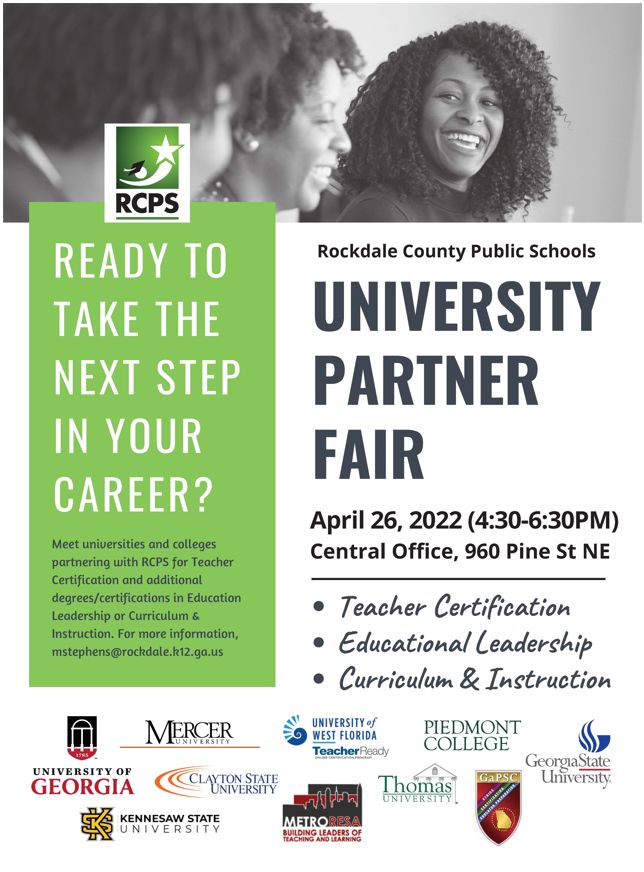
There are numerous scholarships that will help you cover the tuition cost, no matter if you're going to college or already have your degree. Scholarships are a great way for you to pay for school, and increase your chances of being accepted into the field that interests you.
Illinois offers many scholarships to students interested in pursuing various career paths. Although many scholarships are full tuition, they may also require strong GPAs and financial need.
Some scholarships are designed specifically for minority students, such as the Golden Apple Scholarship or the Minority Teachers of Illinois scholarship. These scholarships are designed to help students of Asian, Hispanic, and black descent who wish to become teachers.

There are also many general grants and scholarships that are offered by the state government that you should check out. Although they aren't as well-known as the scholarships, they can be a good starting point for your scholarship search.
The Illinois General Assembly Legislative Scholarship can be used by residents at all state-supported colleges and universities. Each member is allowed to nominate 2 college-bound students to the scholarship. These scholarships can be for a 1-, 2-, or 4-year duration.
The Environmental Career Scholarship offers a $500 scholarship to students in Illinois interested in studying science. All applicants must prove financial need and academic achievement.
The Crystal Charitable Fund provides a scholarship to Chicago-area youth who want to continue their education beyond high school. It can be used for study abroad programs, internships or college courses. Applications are accepted from 13-19-year olds with a minimum 3.0 GPA and who are in difficult financial or family circumstances.

The Illinois Future Teachers Corps Scholarship program offers up to $10,000 per annum towards your college tuition for high school students in Illinois. This program is designed to help alleviate shortages of teachers in underserved schools and in particular subject areas like science or math.
Scholarships may be available to cover travel and living expenses during college. Not only must recipients demonstrate financial need, but they also must agree to teach at an Illinois elementary, middle, or high schools for a predetermined time.
There are many national organizations that offer scholarships for students studying in Illinois. Others also offer support for training in nursing or medical. These programs may only accept students from specific areas, cities or counties. Some programs have residency requirements. Before you submit an application, be sure to read the regulations.
FAQ
What does early childhood education mean?
Early Childhood Education (ECE) is a field that helps children to become healthy and happy adults. It includes everything from teaching them how to read to prepare them for kindergarten.
Early childhood education has the goal of helping children learn and grow by offering them age-appropriate experiences.
Early childhood educators are often asked to assess the developmental needs for each child they see. This helps to decide if a particular program would benefit each child.
Parents have the chance to interact with teachers, other professionals and parents who have worked with young children.
Parents play an important role in an early childhood education as well. They must know how to properly care for their children and offer guidance and support when needed.
Parents can also take part in activities that teach skills to their children for the rest of their lives.
Sometimes, early childhood education is also called preschool education. However this term is interchangeable with daycare centers. Prekindergarten education starts around three years ago, and early childhood education is similar.
How long does it take to become an early childhood teacher?
A bachelor's degree is required in early childhood education. It takes approximately four years. It will take you two years to complete the required general education courses at most universities.
After completing your undergraduate studies, you will usually enroll in graduate school. This allows you to become a specialist in a specific area of study.
You could, for example, choose to study learning disabilities or child psychology. After you complete your master's, it is time to apply to a teacher-preparation program.
This process can take many years. This is a time when you will learn real-world skills from experienced educators.
Finally, to be able to officially start working as a teacher, you will need pass the state exams.
This process is lengthy and you will not be able instantly to enter the workforce.
What is the main difference between schooling and college?
Schools are usually divided into classes (or grades), with a teacher who is responsible for teaching a specific class. Colleges are larger institutions that offer more specialized programs and include many university-level courses. While schools are more focused on fundamental subjects, colleges might offer a range of subjects such as arts, science and languages. Both levels offer a variety of subjects to help students prepare for higher level study.
What's the difference between a university and a college?
A university can be described as an academic institution that offers higher education. It offers both undergraduate and graduate courses in many fields.
A college is typically smaller and less well-known than a university. While it may offer fewer programs, many colleges have their own specialist departments.
Statistics
- And, within ten years of graduation, 44.1 percent of 1993 humanities graduates had written to public officials, compared to 30.1 percent of STEM majors. (bostonreview.net)
- They are more likely to graduate high school (25%) and finish college (116%). (habitatbroward.org)
- Globally, in 2008, around 89% of children aged six to twelve were enrolled in primary education, and this proportion was rising. (en.wikipedia.org)
- “Children of homeowners are 116% more likely to graduate from college than children of renters of the same age, race, and income. (habitatbroward.org)
- Think of the rhetorical power of nineteenth-century abolitionist Harriet Beecher Stowe, Martin Luther King, Jr., or Occupy Wall Street activists with their rallying cry of “we are the 99 percent.” (bostonreview.net)
External Links
How To
How to apply for homeschooling
Homeschooling involves the teaching of subjects to children through a variety of methods including reading books, watching videos, exercising, and listening to music. Because they allow students to learn at their pace and develop skills like problem solving, creativity and self-discipline as well communication and social skills.
Nowadays, it is common to see parents who wish to educate their children at-home. This is especially true for parents who work full time and don't have the time to spend with their children. In this case, they can opt for homeschooling, which allows them to dedicate their time and energy to their children's education without having to worry about finding someone to take care of their children while they go to work.
There are many benefits to homeschooling. These include the ability to think critically, creatively, expand their knowledge base and improve their language skills.
The primary goal of homeschooling, is to give high-quality education to children to enable them to become successful adults. There are certain prerequisites that must be met before you start homeschooling. You must determine if your child is eligible for public or private school. Consider what curriculum you will use when you start homeschooling. There are many curricula that you can find online, depending on your budget and expertise. You can choose from Waldorf, Montessori or Waldorf curricula. Another requirement that you must fulfill before starting homeschooling is to make sure that you have the required resources needed to teach your child. This includes buying textbooks, educational materials and computers. You can buy these items online or purchase them from local stores.
Once you have completed all the steps mentioned above, the next step would be to register yourself as a homeschooling parent. Contact your state department for education to get help. They will help you fill out forms and advise you on how to start homeschooling.